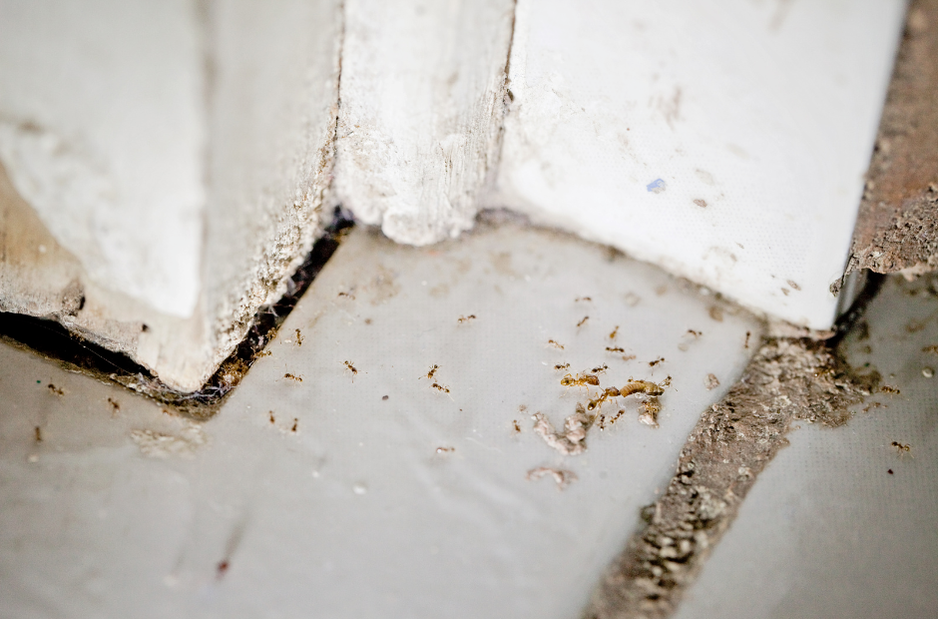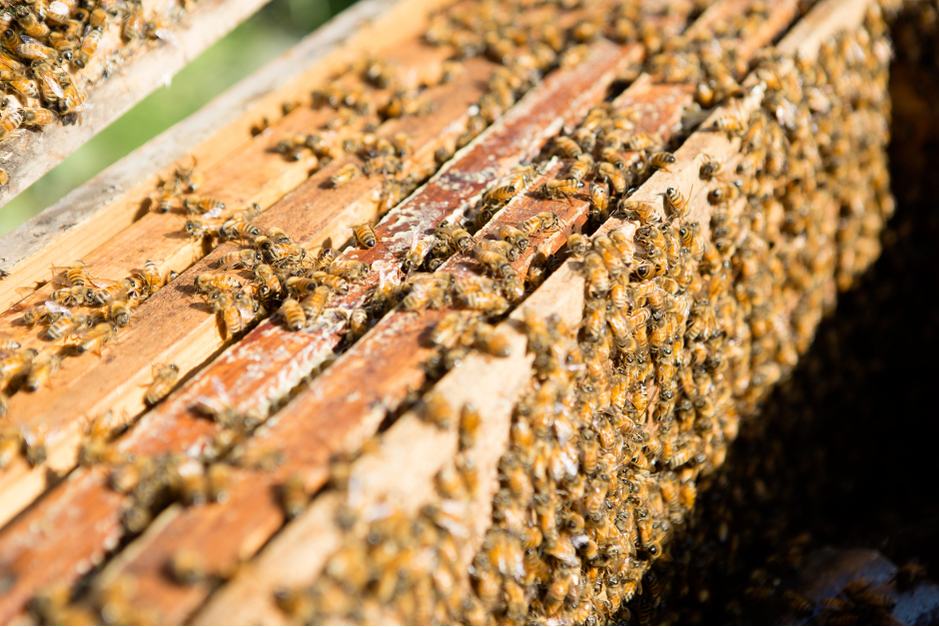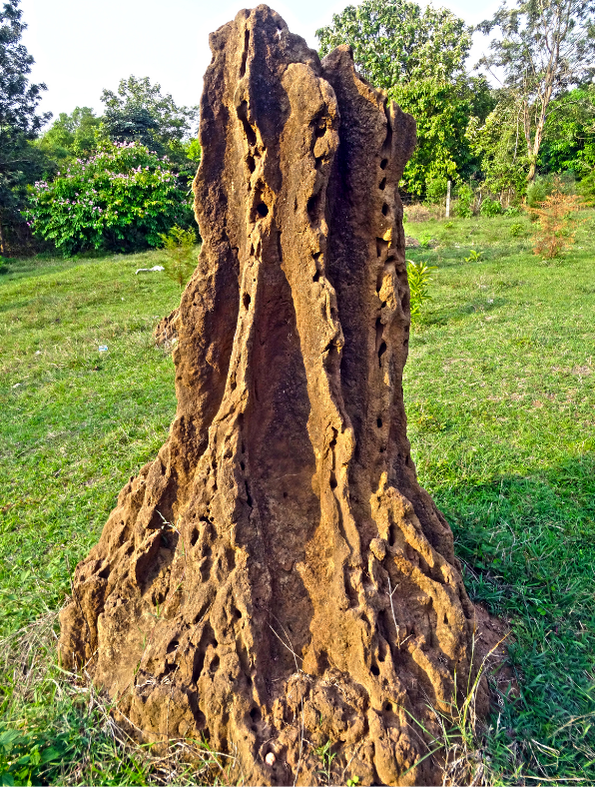|
The wet season in many regions brings not only rain but also an increase in the activity of various insects and pests. One common sight during this time is the sudden emergence of ants, seemingly appearing out of nowhere. Have you ever wondered why ants become more active during the wet season? In this blog post, we will explore the reasons behind this phenomenon and shed light on the fascinating behavior of ants during this time of the year.
When heavy rains occur, ant nests can experience flooding, which compels the ants to evacuate. Similar to humans, ants require a dry and secure habitat to thrive.
Certain ant species are stimulated by the wet season, prompting the swarming behavior of winged reproductive ants. These winged ants engage in airborne journeys, actively seeking mates and exploring new territories to establish their colonies.
During the wet season, ants tend to be more active, which can result in heightened interactions between ants and humans. Homeowners may encounter various issues, including ant infestations in structures, gardens, and even vehicles. The wet season acts as a catalyst for the heightened activity of ants, as they adapt to the changes in their environment. By understanding the reasons behind their behavior, we can gain a deeper appreciation for the remarkable capabilities of these tiny creatures. Whether it's seeking shelter, finding food, or expanding their colonies, ants display remarkable survival instincts during the wet season, reminding us of the intricate web of life that exists all around us. Proactive Measures You Can Take to Prevent Ant Invasions at Home2. Seal entry points: Inspect your home for any potential entry points, such as gaps around windows, doors, and utility openings. Seal these cracks and crevices using caulk or weatherstripping to prevent ants from finding their way inside. 4. Eliminate standing water: Fix any leaks or sources of moisture, as ants are attracted to water. Ensure that sinks, faucets, and pipes are in good working order. Also, avoid leaving standing water in pet bowls or potted plants. 6. Create a barrier:
Use natural ant deterrents like diatomaceous earth or powdered cinnamon to create a barrier around entry points, windowsills, and other vulnerable areas. These substances can disrupt ant trails and discourage them from entering.
0 Comments
Leave a Reply. |
INFORMATION ON PEST/TERMITE SERVICES, HOME MAINTENANCE, AND MUCH MORE...Archives
April 2024
Categories |









